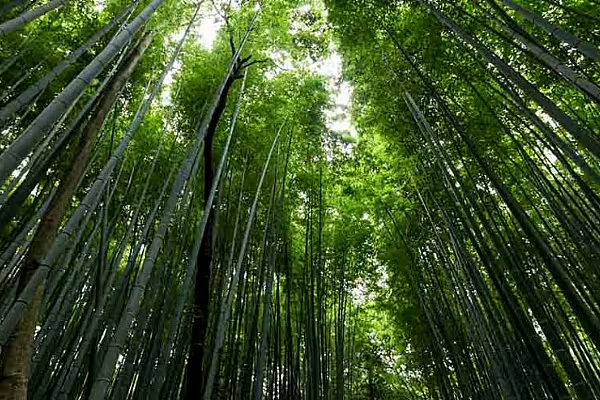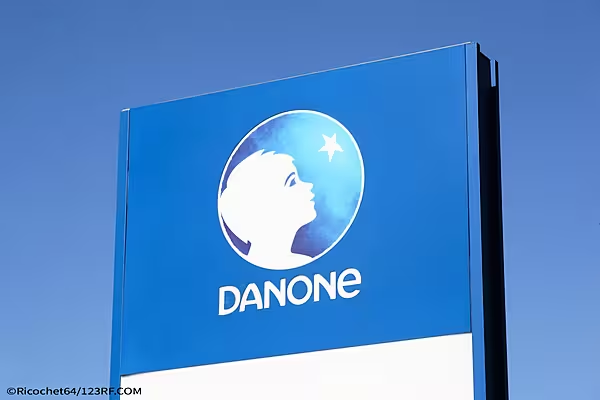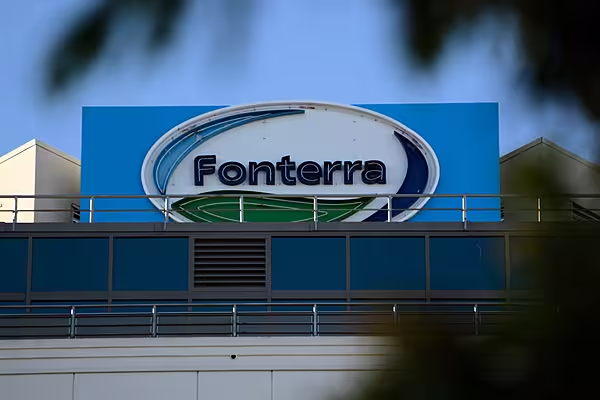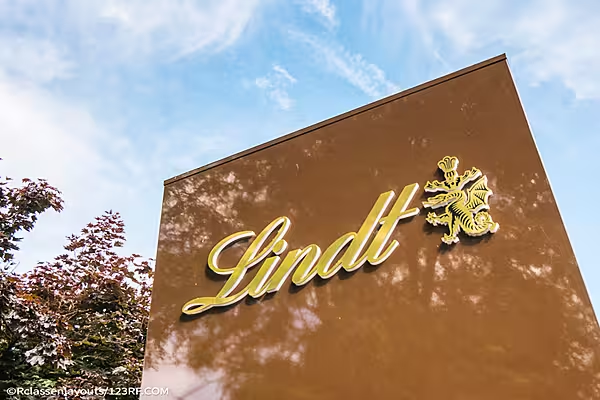Nestlé has launched a new initiative to plant two and a half million native bamboo clumps and a million trees over the next three years in the Philippines.
This reforestation effort supports Nestlé's goal to plant 200 million trees by 2030.
It also forms part of the company's plan to scale up actions in regenerative agriculture and deploy nature-based solutions to absorb greenhouse gases and contribute to achieving Nestlé’s net-zero target by 2050.
Reforestation
Nestlé is conducting this reforestation initiative with One Tree Planted, a non-profit environmental organisation focusing on global reforestation, and EcoPlanet Bamboo Group, which champions the industrialisation of bamboo as a sustainable fibre source.
The global food group has kicked off its global reforestation programme across the Americas before expanding it to several countries.
Chris Johnson, executive vice-president Nestlé S.A., CEO of Zone Asia, Oceania, and sub-Saharan Africa, said, "We are facing a global climate emergency today. Forests stabilise the climate because they store significant amounts of carbon, maintain healthy water and soil systems, and provide habitat to plants and wildlife.
"Millions of livelihoods also depend on healthy forests. Planting trees in areas where we source our ingredients helps protect and restore food systems. It helps our supply chain and the local communities that grow our ingredients to be more resilient."
Forest Positive Strategy
Nestlé's reforestation initiative is a pillar of the company's Forest Positive strategy, which looks beyond stopping deforestation, to protecting and restoring forests over the long term.
It aims to make a positive impact on the critical agricultural areas where Nestlé sources its ingredients.
In addition, it contributes to advancing regenerative and equitable farming systems that help conserve and restore the world's forests and natural ecosystems, while promoting sustainable livelihoods and respecting human rights.
This supports the company’s efforts to accelerate the transition to a regenerative food system.
The new project is targeting the island of Mindanao for this reforestation initiative.
Nestlé sources coffee beans from this region.
Planting bamboo native to the Philippines in this sourcing region (known as 'insetting') aims to absorb greenhouse gas emissions, conserve local biodiversity, improve water quality, and restore degraded soils.
Kais Marzouki, Nestlé Philippines chairman and CEO. said, "We recognise that there is much more to do, and this new reforestation initiative will strengthen Nestlé Philippines in pursuing our programmes tackling urgent environmental issues.
"We will continue our trailblazing involvement in the private sector as a 'Kasambuhay', a trusted companion for the environment, as a force for good."
© 2021 European Supermarket Magazine. Article by Conor Farrelly. For more A-Brands news, click here. Click subscribe to sign up to ESM: European Supermarket Magazine.














